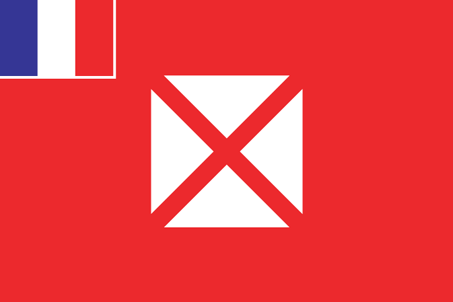Indonesia United States Philippines Nigeria India Singapore Algeria Nepal Malaysia Ethiopia China United Kingdom Pakistan Vietnam Japan Thailand Turkey Bangladesh South Africa Iran Australia Canada Sri Lanka Germany Egypt Russia Iraq Brazil Tanzania Netherlands South Korea France Ireland Saudi Arabia Taiwan Hong Kong Morocco Cambodia Mexico Peru Ghana Italy Kenya New Zealand Cameroon Spain Romania Colombia Poland Finland Yemen Sweden Democratic Republic of the Congo Ukraine Myanmar Portugal Libya Greece United Arab Emirates Benin Ecuador Uganda Belgium Czech Republic Chile Switzerland Jordan Argentina Zimbabwe Afghanistan Cote D'Ivoire Hungary Tunisia Rwanda Denmark Norway Kuwait Timor-Leste Austria Lithuania Israel Qatar Malawi Serbia Slovakia Brunei Darussalam Kazakhstan Syria Oman Croatia Costa Rica Zambia Uzbekistan Madagascar Bahrain Bulgaria Sudan Estonia Palestinian Territory Albania Eswatini Lebanon Eritrea Burkina Faso Lesotho Slovenia Azerbaijan Venezuela Guyana Somalia Belarus Mozambique Armenia Moldova Cuba Bolivia Mauritius Uruguay Senegal Laos Latvia Bhutan Macao Cyprus Namibia Guinea Trinidad and Tobago Sierra Leone Liberia Georgia Papua New Guinea South Sudan Seychelles Puerto Rico Honduras Bosnia and Herzegovina Botswana Gambia Luxembourg Jamaica Malta Guatemala Togo Dominican Republic Kosovo Mongolia Saint Lucia Grenada Kyrgyzstan Maldives Panama Iceland Fiji Chad North Macedonia Reunion El Salvador Isle of Man Andorra Cabo Verde Mali French Guiana Burundi Vanuatu Cayman Islands Belize Turkmenistan Guam Niger Wallis and Futuna New Caledonia Suriname Comoros Bahamas Saint Vincent and the Grenadines Montenegro Wallis and Futuna Flag Meaning & Details 1 VISITOR FROM HERE! Wallis and Futuna Flag Flag Information unofficial, local flag has a red field with four white isosceles triangles in the middle, representing the three native kings of the islands and the French administrator the apexes of the triangles are oriented inward and at right angles to each other the flag of France, outlined in white on two sides, is in the upper hoist quadrant note: the design is derived from an original red banner with a white cross pattee that was introduced in the 19th century by French missionaries the flag of France is used for official occasions
Learn more about Wallis and Futuna » CIA - The World Factbook
 Previous Country | Next Country
Previous Country | Next Country  » Back to Flag Counter Overview
» Back to Flag Counter Overview